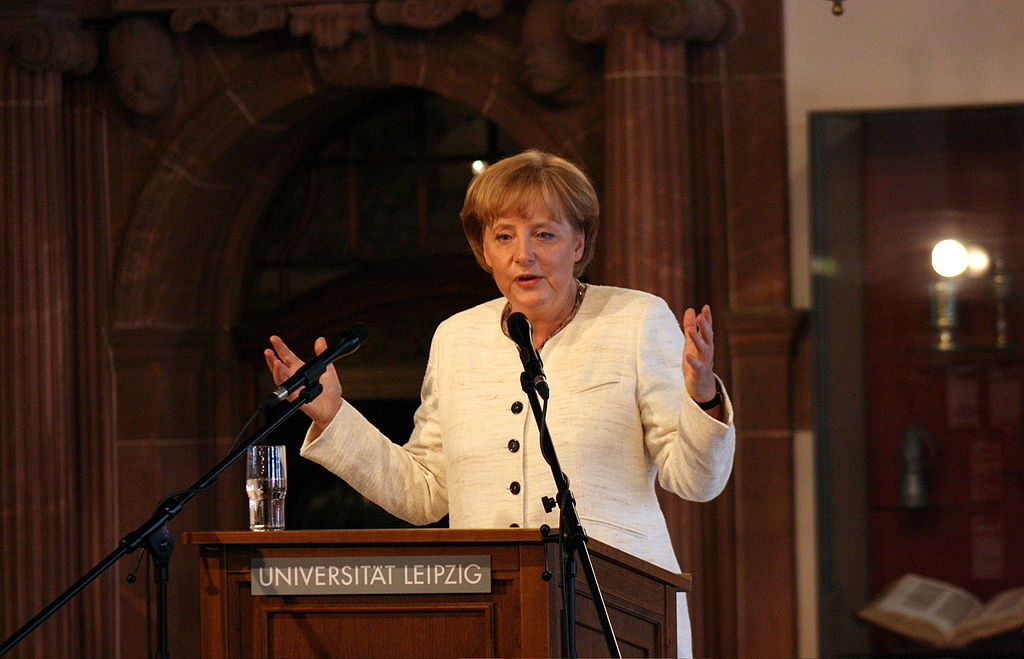Angela Merkel – A Portrait

world’s most powerful woman Federal Chancellor of Germany Dr. Angela Merkel
Oberservers say there has been an immediate sympathetic atmosphere when the Indian Prime Minister Manmohan Singh first met his German counterpart Angela Merkel at the Hannover Trade Fair in April 2006. He – the Sikh from Punjab- and she – the protestant woman from eastern Germany. Both not being the typical representatives of their state and only shortly in office. Both looking back at academic careers, making their way to politics through powerful mentors. He is internationally regarded as the architect of the reforms helping the Indian economy to grow like never before, she was considered to be the “World’s Most Powerful Woman” at present in Forbes Magazine.
Childhood in communist Germany
Merkel was born in Hamburg. When her father, a Lutheran pastor, received a pastor ship at the church in a small town in the state of Brandenburg, the family moved to Templin, north of Berlin- which was at that time considered communist East Germany. Even today that connection to her roots has quite an importance to Angela Merkel. She once said: “I consider it very important for political leaders, even when they are in government, to have a local voting district.” After spending her childhood in a small town, Merkel studied physics in Leipzig and earned her Ph.D. at the East German Academy of Sciences based on a doctoral thesis on quantum chemistry. And after being rewarded the doctorate, she worked in the research field.
At the age of 35 Angela Merkel got involved in the growing democracy movement after the fall of the Berlin Wall in 1989. She joined the newly established party Demokratischer Aufbruch- Democratic Awakening. After the collapse of the communist regime, she appeared on the political stage for the first time. Following the first democratic election of the East German state, she became the deputy spokesperson of the new pre-unification caretaker government. At the first pre-unification general election in 1990 she was elected to the Bundestag and her party merged with the West German CDU (Christian Democrats).
Kohl’s Girl
Shortly after this, Angela Merkel’s career took off. The West German Chancellor Helmut Kohl named her his Minister for Women’s and Youth Affair. In 1994 she became Minister for Environment and Reactor Safety and was the youngest minister in Helmut Kohl’s 3rd cabinet. As his protégées, the media called her “Kohl’s girl”. During this time she surely gained a greater political visibility and a platform on which she could build her political career. Despite her male colleagues Angela Merkel was not trying hard to earn political prominence, she was rather pulling the strings strategically from behind. She first came to prominence during the CDU party slush scandal by criticizing her former mentor Helmut Kohl and advocating a fresh start of the party without him. When Kohl lost the election in 1998, Merkel was named the Secretary-General of the CDU. In 2000 Merkel was elected to become the CDU party chairman, thus becoming the first female chair of her party. Even though opponents stated that she lacked all the attributes which are necessary to become a successful politician since the hasn’t been a member of the Youth Association of her party and thus didn’t seem to have a broad base of political contacts. And as a protestant lady she doesn’t quite fit the original composition of the party: the CDU is a male-dominated, socially conservative party with deep Catholic roots. But as the leader of the CDU Merkel enjoyed more and more popularity. From 2002-2005 she was the chairwoman of the CDU-CSU (Christian Social Union-sister party of the CDU) parliamentary party group.
First Female Chancellor
In the federal election in November 2005 Merkel ran against former Federal Chancellor Gerhard Schröder. She won, became Germany’s 8th post-World War II leader and now leads Germany’s Grand coalition. Dr. Angela Merkel is simultaneously the first female Chancellor of Germany since it became a modern nation-state in 1871 and also the first eastern German to hold the office. She is the youngest person to be the German Chancellor since the Second World War. And in 2007 she became the second woman to chair a G 8 summit after Margaret Thatcher. As a strong self-confident female politician from a centre right party and a scientist, Merkel has been compared by many to the former British Prime Minister Thatcher. After her election Social Democrat Peter Struck pointed out: ”Any woman who can fight her way to the chancellorship of the Christian Democratic Union has certain strengths!” Observers say she will surely need her reputed toughness to push fundamental reforms through while holding a potentially fractious Grand coalition with the Social Democrats together. When Merkel became Chancellor two years ago Germany had the lowest economic growth in Europe. Thus she announced in her first government address the objective of improving the German economy and reducing unemployment. In early 2006, polls showed that Angela Merkel had the highest approval rate among Germans ever to be recorded for a chancellor since 1949. However her popularity has fallen and risen on and off since then.
On the way to India
India has been a stranger for Angela Merkel so far. But her visit to the Asian country is coming up soon: in autumn of this year Germany’s Chancellor will join a business delegation to visit India. It will be her first visit to India.
Text: Daniela Singhal
Bild: Angela Merkel after receiving an honorary doctorate at Leipzig University
Episode 3/21: Wisdom Workshop Chapter 3 “Choice”
“Everything in your life is a reflection of a choice you made. If you want a different outcome, make a different choice.” – Unknown
This chapter is the last with our wonderful Julia Hayden, who has decided to focus on her vocation of “body whispering” and helping her clients get better connected with themselves.
And that’s what this chapter is all about. Whatever choice you make, stick with it. Give that choice a chance to thrive. Who do you want to be around with? What do you occupy yourself with throughout the day? What am I eating today or reading or watching TV?
I have decided to continue with the Wisdom Workshop podcasts. Julia, thank you for the wonderful time we have had together in our interviews and sharing of ideas. It has been very inspiring and I have learned a lot from you as well.
With a deep bow.
Episode 02/21: The Wisdom Workshop Chapter 02 „Leadership in the Future“
In today’s chapter we discuss about what skills and thoughts do leaders need in future?
Mindsets of the last century cannot bring solutions for the future. How can mindsets be formed that support future developments and that include complex crisis that humanity is going to face e.g. climate change in which we are already in? It is actually simple, because indigenous people live accordingly. What can we learn from them?
Watch this video and enjoy our conversation.
Episode 1/21: The Wisdom Workshop Chapter 1/21 “We are many. Whom do we identify with?”
“The Fall, a time when the illusion of the Maya fades away, a freedom from the identification with the illusory persona. For as the trees let go of their leaves to embrace the new season each year, there is no need to fight the shadows that form the illusion or the masks that form our egoic personas, but rather enjoy the illusion for what it is and find the freedom to accept and play a role outside of identification.” ― Virgil Kalyana Mittata Iordache
We do identify ourselves with that what we have achieved, what we have gathered or bought. We identify ourselves through our roles. We have actually lost the deeper connection to love, knowledge and order. By losing this we lost connection to our infinite resources.
We shall not forget that there are infinite resources. Per definition, an infinite resource doesn’t become less, because we use it.
Episode 25: The Wisdom Workshop Chapter 9 Retrospection 2020 (in German with subtitles in English)
Julia and I look back on an eventful year 2020. We share our personal impressions in this corona time and talk about what the episodes and the different interviews have touched, inspired and made us think in which way. Stay healthy and we look forward to a happy reunion in 2021.
Enjoy watching or listening to our conversation.
Episode 24: The Wisdom Workshop about „Wuwei – Flow” Interview with Andreas Andy Artmann (German)
The term Wu wei, also Wuwei, comes from Daoism. It is defined as non-action in the sense of acting in accordance with nature. Wu Wei does not mean that one does not act at all, but that the actions arise spontaneously in accordance with the Dao. Thus the necessary is done easily and effortlessly and overzealousness as well as blind actionism (which is considered as obstructive) is avoided. It is a state of inner silence that allows the right action to emerge at the right time without any effort of the will. “Wu-Wei essentially means to orient actions to the nature of one’s own individuality rather than to the purely cognitive, benefit-oriented will.
Enjoy listening to or watching the video. Andreas’ refreshing and light manner is fun.

